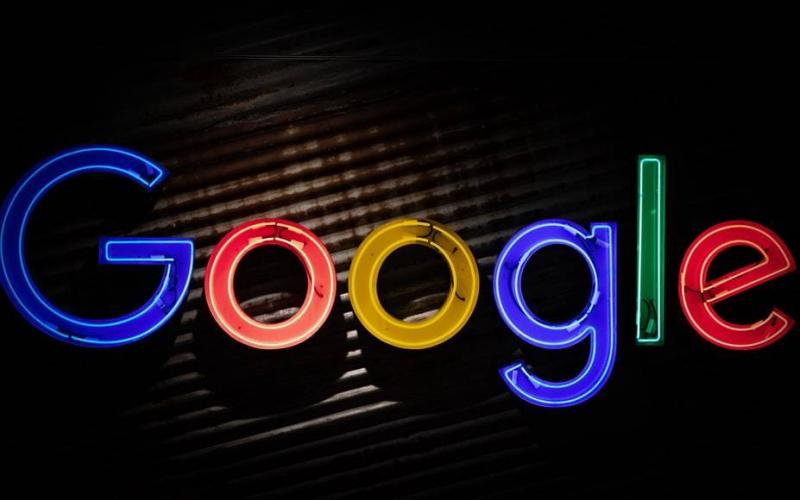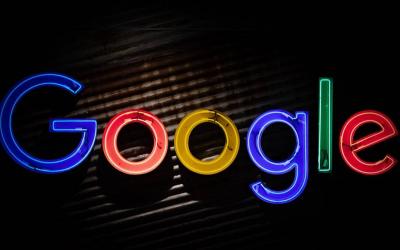Google lost an appeal on Wednesday against a fine of 2.4 billion euros ($2.8 billion) imposed by the European Union for abusing its dominance in search engines, marking a significant victory for the bloc in its antitrust battle with the tech giant. The ruling by the General Court in Luxembourg upheld the historic decision made by the European Commission in 2017. However, Google may contest the ruling again if it decides to appeal to the EU's highest court, the Court of Justice of the European Union.
The European Commission stated that "today's ruling sends a clear message that Google's behavior was illegal and provides the necessary legal clarity for the market." The case focuses on Google's shopping service, one of three cases against the search giant currently navigating the EU's lengthy appeals process. At the time, this was the largest fine ever imposed by the EU, although it was later surpassed by a 4.3 billion euro fine against Google for its Android operating system.
In its appeal, Google and its parent company Alphabet argued that the EU was "wrong on the substance of the law, the facts, and the economic data" regarding the search engine case. However, the court stated that it largely upheld the case brought by the companies and supported the fine imposed by the Commission. It noted that by favoring Google Shopping over its competitors in search result rankings and placement, "Google has deviated from competition based on merits."
Google's argument that large online retailers have their own sites was dismissed, with the court stating that "these platforms are not in the same market" where users go to compare shopping. A Google spokesperson said the company would consider the ruling. "This ruling concerns a very specific set of facts, and while we will review it closely, we made changes in 2017 to comply with the European Commission's decision," the spokesperson said. "Our approach has successfully generated billions of clicks for over 700 competing shopping services."
While Google faced a setback in the EU, the company fended off a separate lawsuit in the UK on Wednesday, where the Supreme Court blocked a $4 billion class-action lawsuit accusing it of illegally tracking millions of iPhone users.
A Major Win for Brussels
The Luxembourg court ruling is considered a victory for Margrethe Vestager, the EU’s antitrust chief, who has emerged in Brussels by abandoning the more conciliatory approach of her predecessor toward the American internet giant. Vestager lost in the same court in a major case against Apple and Ireland, where her team ordered the iPhone maker to repay 13 billion euros plus interest to Irish taxpayers. The EU has appealed that ruling.
The fine against Google was imposed after a seven-year investigation that began following complaints from other price comparison services that saw a sharp decline in traffic compared to Google Shopping. Experts believe that if the ruling is not overturned in a subsequent appeal, similar Google actions regarding holiday rentals and job ads could be next targeted by the European Commission.
In addition to paying the fine, Google was required to address the issue identified by the EU's lawsuit, even while appealing. The company modified its search display to give more prominence to competing shopping aggregators, as well as tourist and travel advisory sites like TripAdvisor and Yelp.
"Almost Invisible"
However, many competitors are dissatisfied with Google's reforms, which they say do not do enough to ensure fair competition in search results. Richard Stables from price comparison site Kelkoo stated, "What really matters... is to prevent Google from repeating its behavior in the future and protect European consumers." The European Consumer Organization (BEUC) stated that "Google’s misleading and unfair practices have harmed millions of European consumers by ensuring that competing comparison shopping services are almost invisible."
Monique Goyens, Director General of the European Consumer Organization, said, "In light of the ruling, we urge the European Commission to ensure that Google does not abuse its dominance as a search engine by favoring its own services in other areas." Meanwhile, the European Commission's antitrust chief is preparing anticipated legislation for next year that will impose stricter rules on big tech companies. One of the laws, called the Digital Markets Act, sets out a clear list of dos and don'ts for "gatekeepers" online and includes strict restrictions on how Google or other giant companies can pressure competitors on their platforms.




